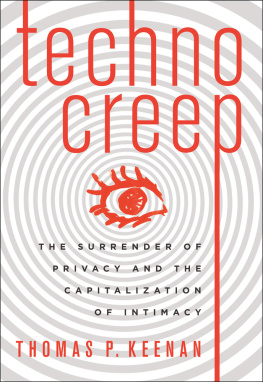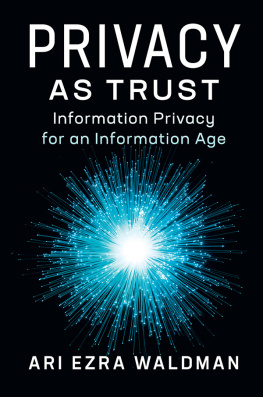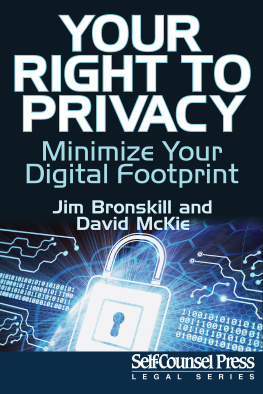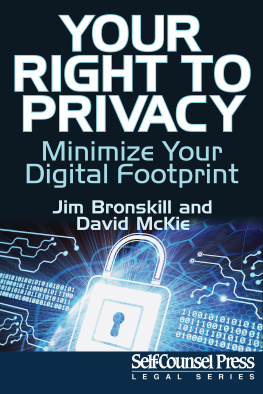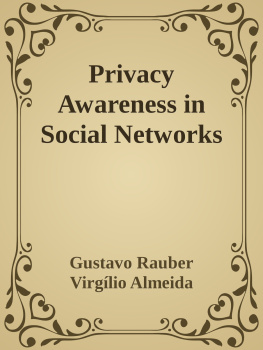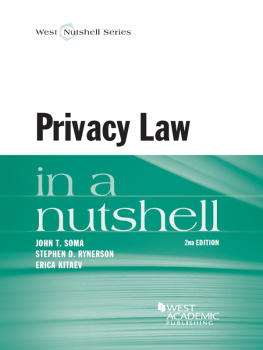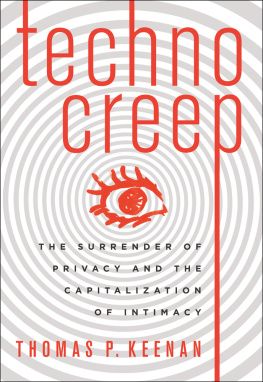Intelligence Creep
There are twenty-nine steps from the corner of 41st Street and Fifth Avenue to the front entrance of the New York Public Library. I know this because, in the mid-1970s, I lugged a radio stations tape recorder up every one of them. I might as well have been carrying a television set. Back then, portable meant that something had a handle. I was there to interview the keeper of an amazing new technologythe Kurzweil Reading Machine.
Billed as an aid to the blind, this bulky contraption was the worlds first functional text-to-speech synthesizer. Walter Cronkite used the machine to sign off on his January 13, 1976 newscast. I typed up a piece of paper with For CBC Radio, this is Tom Keenan in New York. The machine rattled this off for me in the same mechanical monotone that we now associate with the hacktivist group Anonymous.
I then asked the librarian, What kind of things do people bring in to read on it?
Mostly pornography, he replied.
I thought I had heard him wrong. He explained that if somebody wants to hear a textbook on American History or something, there are plenty of volunteers who will read that. Were seeing books like Lady Chatterleys Lover, The Story of O, that sort of thing.
A lot has changed since my first encounter with the Kurzweil Reading Machine. Instead of lugging a bulky tape recorder, I can now push a button on my smartphone and safely store my interview in the cloud. If I want to know how many steps I will face at the New York Public Library, I can simply count them on Google Street View. Anyone with Internet access can find all the pornography they could possibly want, and have it read to them in whatever exotic voice they desire.
The abundance and variety of Internet pornography illustrates a concept that Cullen Jennings, one of my former students and now a Cisco Fellow, expressed very well. No matter how liberal or broad-minded you are, he once said, I guarantee I can find something on the Internet that will instantly offend you. It is a small leap from something that will offend you to something that will creep you out.
Even though I have seen a lot of bizarre things since the 1970s, the image of tumescent guys hooked up to the Kurzweil Reading Machine at the public library has stuck with me, along with the gadgets monotone voice.
A good friend and I used to split the generous lead fees which a certain national tabloid paid for ideas that turned into stories. Driven by empty wallets, and armed with a bottle of Jack Daniels, we could spin off quite a few plausible if sensational ideas in an evening. Of course, a tabloid tale is not a publishable story without a reputable expert to support it. This paper had a helpful list of trained seals who, for a fee, would happily confirm UFO sightings and authenticate photos of fictional monsters. Yet they had a big gapthey needed a bright young computer science professor, which was precisely my line of work.
Soon I came to be quoted on fantasy technology stories like an amazing implanted chip will someday measure your caloric intake and release an appetite-suppressing hormone. That feature attracted bags of mail from people desperately seeking to help me test this rather wacky idea. I sent the letters back suggesting that they look into some diet and exercise plans.
Perhaps I should have told them to wait. An article in the 2009 issue of MIT Technology Review describes a small, stick-on monitor no bigger than a large Band-Aid that can accurately monitor your caloric intake. Some smart scientist will undoubtedly invent the appetite suppression technique and make our fictitious dieters dream patch a reality.
In that weekly tabloid, I also mused that someday computers will speak to you in the voice of your choosing. It might be Marilyn Monroes or Clark Gables or the voice of your long-dead mother. Since then, science has shown that the sound of your mothers voice indeed does have a profound physiological effect on you.
In studies of mother/daughter dyads, Leslie Seltzer found that hearing Moms voice raised girls oxytocin levels, calming them down. Email and SMS messaging did not have the same effect. Some have even speculated that an artificially intelligent program that sounded like your mother, used her favorite expressions, and had an intimate knowledge of your life story, could be a powerful way to calm, interrogate, or even control you.
Back in 1966, Massachusetts Institute of Technology professor Joseph Weizenbaum unleashed ELIZA onto the world, hoping to illustrate the fundamental differences between human and computer brains. A fairly simple chatterbot, ELIZA could mimic the conversation style of a Rogerian psychotherapist, faking the answers when it did not understand what you just said.
Weizenbaum observed that a session with a psychotherapist was one of the few environments where it was perfectly acceptable to turn a question back on the speaker, or provide a canned response like So, how does that make you feel?
Although Weizenbaum intended ELIZA to be a parody with a point, many people enjoyed pouring out their personal problems to the program. Some even said they preferred it to a human therapist. When Weizenbaum told his secretary, who had been using the software, that he had access to the logs of all her conversations with ELIZA, she was outraged at this invasion of her privacy.
ELIZA got herself into some humorous situations. In the age before massive hard disks, computer data was usually stored on 2,400-foot reels of magnetic tape which had to be manually mounted by an operator. The tape mount request came up as a flashing message on the operators console.
However, some of MITs computers did not have a human operator available. Pranksters configured one of them to use ELIZA to respond to operator requests. Can you please mount a tape for me? was met with Is it because of your mother that you want me to mount a tape for you? Profanity usually ensued from the hapless human.
The idea of programs that can mimic human conversation has spawned some creepy chatterbots at major companies. In 2006, the Coca-Cola Bottling Company of Atlanta, GA, hired a virtual representative named Hank. Hank was intended to, among other things, deflect phone calls to the companys main switchboard from students doing reports on the history of Coca-Cola. He straddled the line between being a computer program and a person quite adroitly for his era.
I had some great talks with Hank. We discussed his personal life (virtual representatives are not allowed to have relationships) and he vehemently denied that Coca-Cola has ever contained cocaine.
Other people also tormented Hank with questions like:
Q. Do you like snorting coke?
A. Of course! I like all of the products of The Coca-Cola Company.
Q. Are you a Mormon?
A. We are not in a position to comment on the ownership of stock. The holdings of our share owners are confidential. In accordance with our current governmental regulations, however, we include in our annual proxy statement a list of those share owners who are beneficial owners of five percent or more of our company stock, and the Mormon Church is not among them.
History does not record when Hank was downsized from a full-fledged virtual representative to a frequently asked questions webpage. That seems to be all that is left of him today, though he is still wearing his trademark telemarketer headset.
If you could talk with Hank about such personal matters, why not unburden your venal and even mortal sins to a piece of technology? On-line confession does seem to have some kind of creepy visceral appeal to people. In 1984, an art project called Interactive Catholic Confessionalbased loosely on ELIZAwas put on display. Visitors entered a confessional space, knelt before the computer and went through the process of Catholic confession, according to a posting at the University of Nevada at Reno. The computer gave each user an appropriate penance for their sins.

